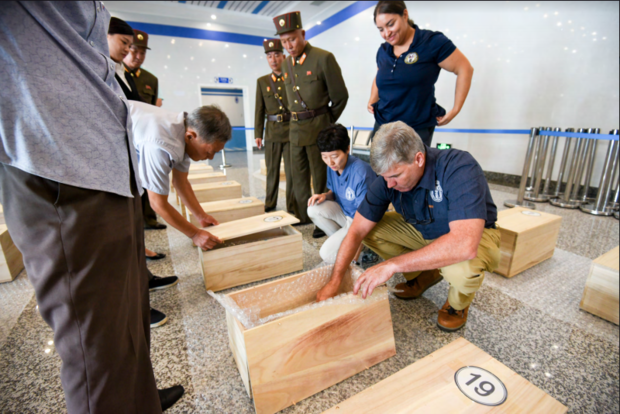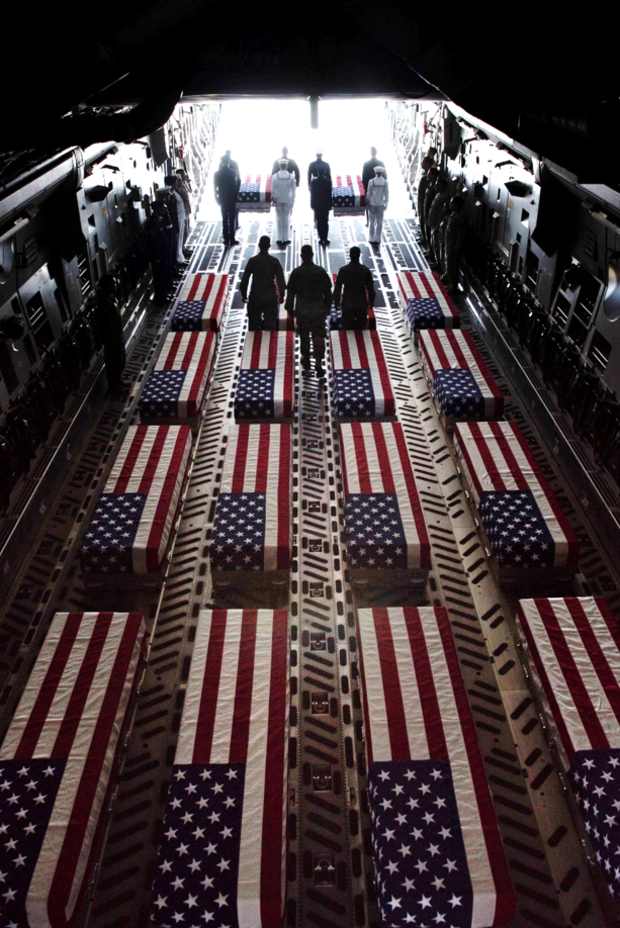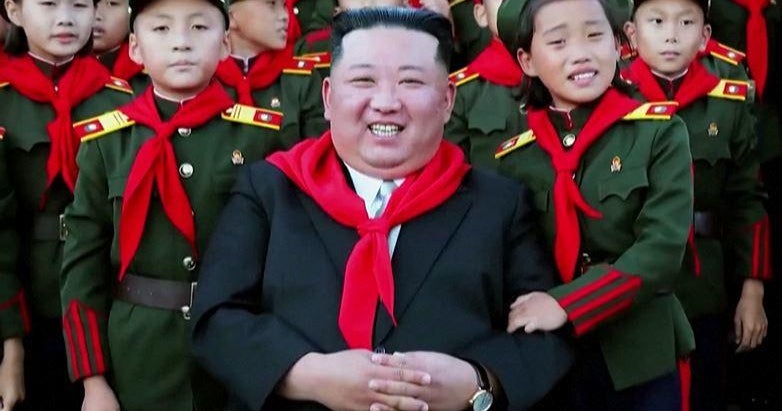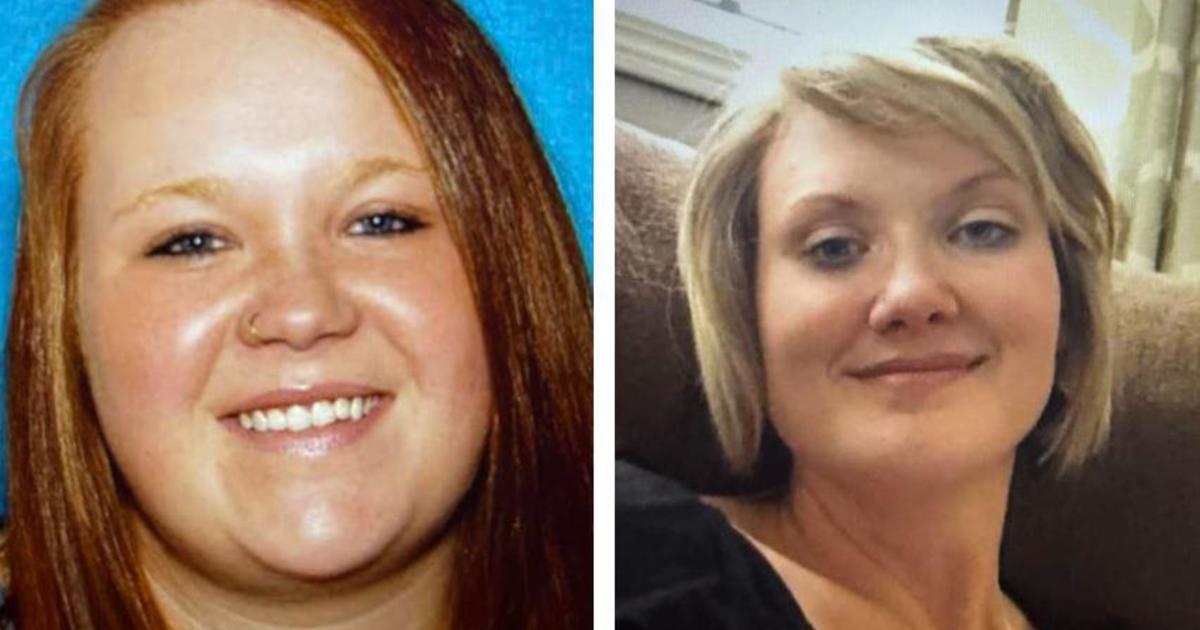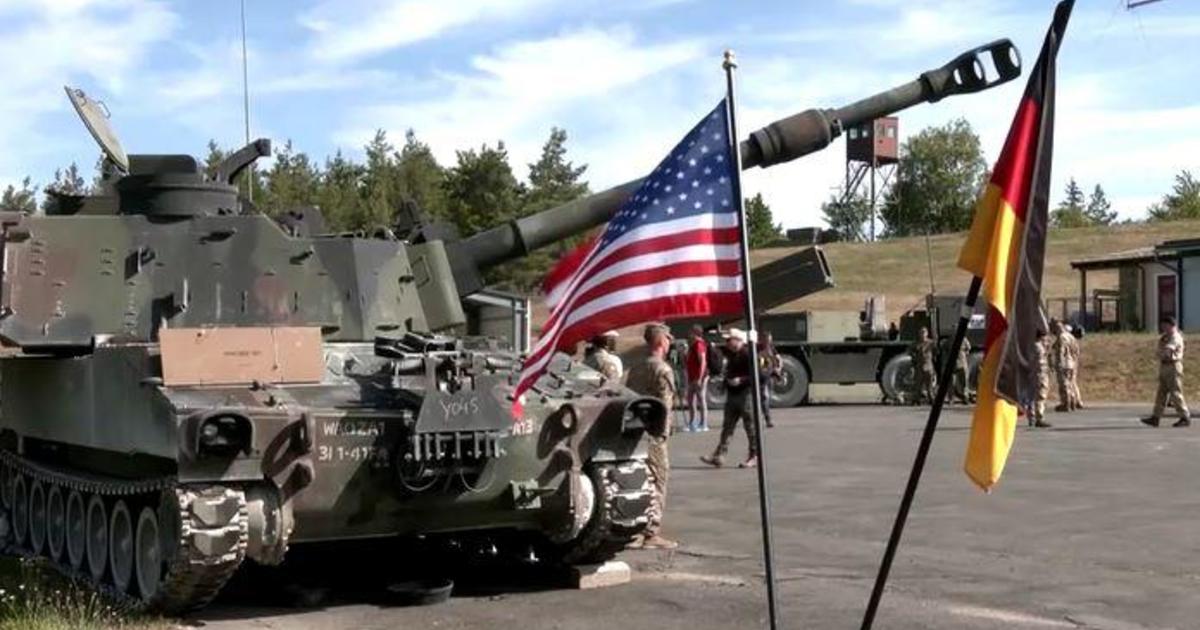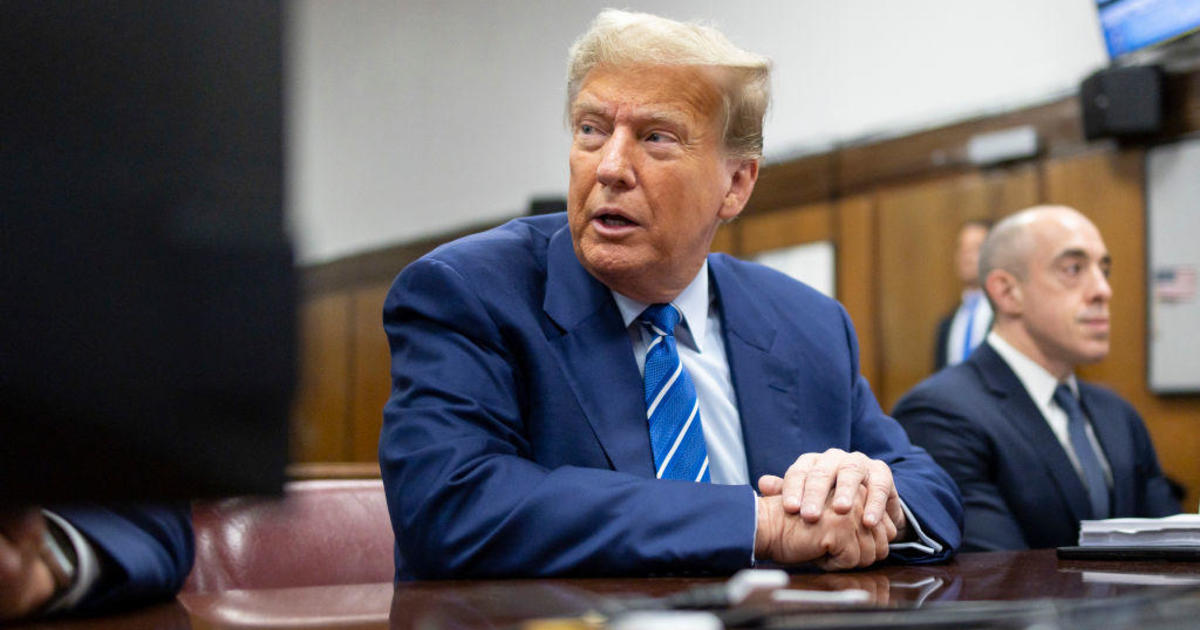Two individuals to be identified this month from Korean War remains
The Defense Department says that "in the next week" the first two individuals among the 55 boxes of Korean War remains repatriated from North Korea to the U.S. last month will be identified-- a surprisingly quick turn-around in what is normally a lengthy identification process.
North Korea's repatriation of the U.S. remains stems from an agreement President Trump struck with leader Kim Jong-Un during their June Singapore summit.
"We matched up the DNA sequencing and that confirmed. So our scientists are putting the final touches on the report," Kelly McKeague, Director of the Defense for POW and MIA Accounting Agency (DPAA), told CBS News' Major Garrett on "The Takeout" podcast this week. "The Army will present it to the two families, and then we will make the announcement of these two identifications."
The two families have not yet been notified of the impending identification.
The mission of DPAA is to recover missing prisoners of war or other U.S. personnel. About 7,700 U.S. servicemen from the Korean War remain missing and unaccounted for, but the agency has family DNA samples for 92 percent of these individuals.
The agency retains about 88 percent of family DNA samples for the Vietnam War and 6 percent for World War II.
Hawaii-based scientist Dr. John Byrd, a DOD forensic anthropologist, and his team of forensic scientists are tasked with analyzing the highly fragmented repatriated remains which then head to Dr. Tim McMahon and a team of DNA specialists in Delaware for testing.
The painstaking process may take several years to complete. However, among the disparate bones were two partial skulls and two clavicles, according to McKeague, which are more easily analyzed.
"Because we have dental records on file, we were able to match partial skulls that had teeth from them as well as two clavicles. I didn't know this, but your clavicle is like a fingerprint in terms of uniqueness," McKeague said.
The skulls are matched with dental records, while the clavicles are compared to X-ray files from when the individual joined the military.
McKeague describes Gold Star families, like those of the two service members who will be identified in September, with reverence, as those whom "we dutifully serve."
"Although the numbers are daunting, the challenges are steep: Every single one of those numbers is a unique story of an American who paid the ultimate sacrifice in combat on behalf of his nation and a family that long seeks answers," McKeague said.
